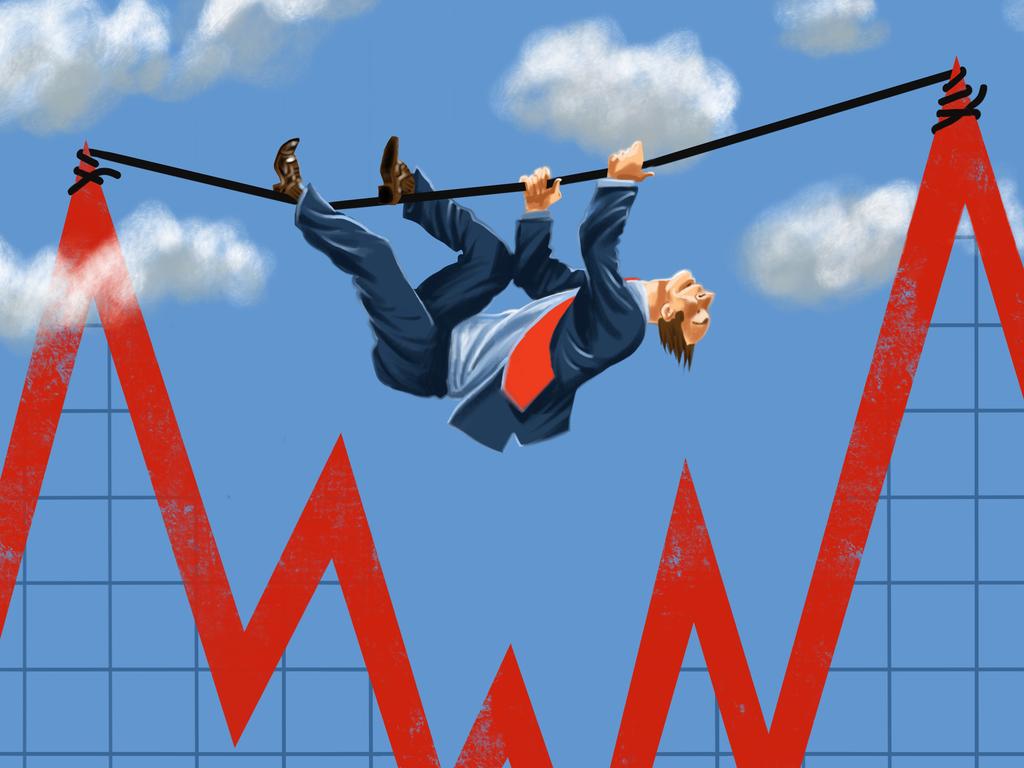Indexing balance cap and deeming rates are two new threats to superannuation savings

This is because the new cap is likely to be $1.9m, up from $1.7m at present.
But the indexing of the so-called total super balance cap, along with current deeming rates, are under threat as the government reviews super settings in the run up to the October Budget, says John Maroney, the outgoing chief executive of the Self Managed Super Funds Association.
“We’ve seen reports the Treasurer may move to freeze the indexing of the tax-free cap, which is likely to be $1.9m on current numbers – we hope that is not the case and that it will occur as expected on July 1 next year,” Maroney says. (Inflation-linked indexing changes are put through in preset $100,000 amounts).
Industry leaders, including Craig Day at Colonial, recently warned that the indexation of the cap might never be put through by Treasurer Jim Chalmers.
Earlier estimates had suggested the cap – which commenced at $1.6m and has only increased once since 2017 – would be lifted by $100,000 on July 1 next year. But inflation modelling now suggests it is likely to rise by $200,000

Separately, while the ALP matched the Coalition’s election promise to not change deeming rates until July 2024, there is speculation they might be raised by the Albanese administration.
“We would also be disappointed to see any reactivation of discussion around the deeming rate, which is very important to retired investors,” Maroney says.
The deeming rate is the amount the government “deems” (or assumes) a retiree is making on their investments or assets and affects their pension access.
Last set in March 2020 during the depths of the pandemic, there are two bands of deeming: lower and upper. The lower rate is set for amounts of up to $56,400 at 0.25 per cent, and the upper rate is 2.25 per cent. This means the deeming rate is now lower than the latest official cash rate of 2.35 per cent which was this week set by the Reserve Bank board.
While in opposition in 2019, Chalmers was quick to call on the then Coalition government to cut deeming rates in line with cuts to official rates.

“He (then prime minister Scott Morrison) is not passing on the benefit of these interest rate cuts at the same time as he’s getting all hairy-chested about the banks not passing it on,” Chalmers said during a TV interview.
Meanwhile, a pre-budget submission by the SMSF has called on the new federal government to honour a string of commitments enacted under the previous administration, as well as fresh efforts to bring more efficiency to the retirement sector.
Under complex arrangements instituted by the Coalition government, the total super cap this year is $1.7m for the majority of retirees but some retirees – depending on the date they retired – can fall between $1.6m and $1.7m. The issue is set to become an administrative nightmare as millions more Australians retire in the years ahead. “We want it simplified and ideally rounded up to the current cap of $1.7m for everyone,” Maroney says.
There are also two items which were announced in last May’s federal budget but never put through parliament and they related to legacy pension and overseas super. Both these items remain in a parliamentary limbo under the Labor government.
“This is the two-year amnesty for legacy pension conversions and the removal of the active member test, and the extension of the temporary absence rule for nonresidents from two to five years. Both measures were intended to apply from 1 July, 2022,” Maroney says.







Surging inflation figures suggest the total amount that retirees could have in tax-free superannuation will increase by twice as much as previously expected.